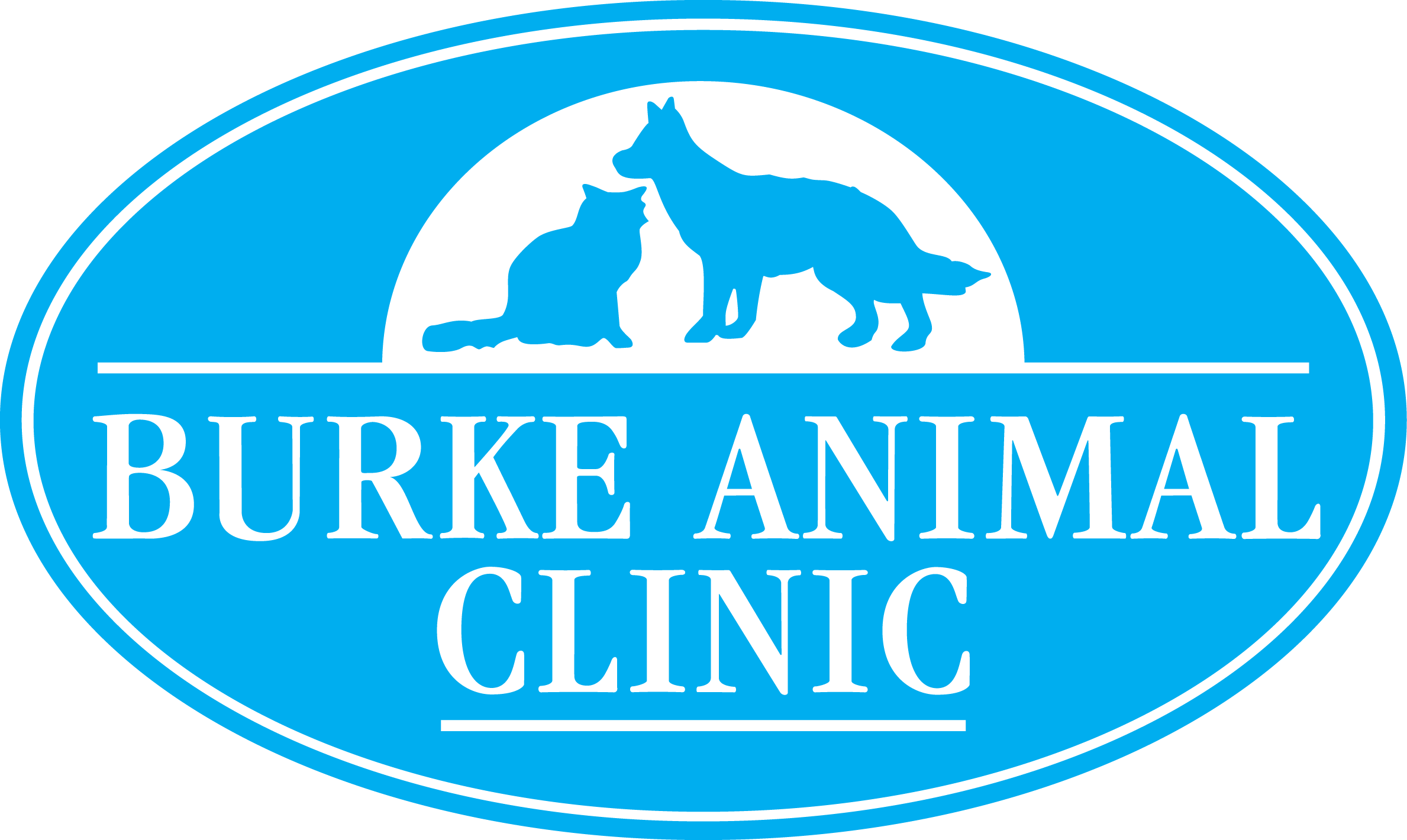Kitten and Puppy Care
Kitten and Puppy Care
If there is a new puppy or kitten in your home, it is time to get ready for an adventure! Just like a little kid, these little animals will be trouble if you give them the chance, so you’ll need to watch out for them from day one. If left to their own devices, they will find trouble so it is important that they are kept in a safe area during any time when they can’t be closely supervised. They may be cute, but they are also very vulnerable. They can choke on small objects or may get sick if they ingest them. Clumping cat litter, for example, can hurt young kittens. Puppies should be given toys that have been tested and are appropriate for their size and breed to limit their curiosity toward forbidden objects — like your shoes. Our staff at Burke Animal Clinic wants you to know everything about kitten and puppy care so you can take care of your newest family member!
Feeding Your Puppy or Kitten
Young kittens and puppies also have different nutritional needs than older cats and dogs. It is important in the beginning that they eat quality food made for puppies or kittens. Watch for any reactions your pet might be having to the food, and talk to your vet if it seems like any specialty diets might be in order.
When Puppies and Kittens See the Vet
Taking care of your puppy or kitten at home isn’t enough. Pretty soon, they will need to see a veterinarian. In most cases, new puppies and kittens are okay to wait until they are 6-8 weeks old before they visit the veterinarian, although there may be an exception if the puppy or kitten has fleas or other parasites, or if their mother is treating it differently from the other babies. It is at age 6-8 weeks that they will need to start receiving their vaccinations. Also, included in their veterinary visit are checks for general wellness, as well as flea or other parasite care, including heartworm.
Puppies and kittens need more frequent veterinary visits than older dogs and cats to make sure they are growing and developing properly, much like human children need to see the doctor more often as well. It is best if they are seen earlier in the morning because being young and not fully vaccinated yet, they are susceptible to more disease than adult cats or dogs. In most cases, an animal hospital will be less crowded earlier in the day, and it will make things easier for your pet.
At Burke Animal Clinic we are ready to help you with all your questions about caring for your new puppy or kitten.
To learn more or to schedule an appointment, contact us at (703) 569-9600
